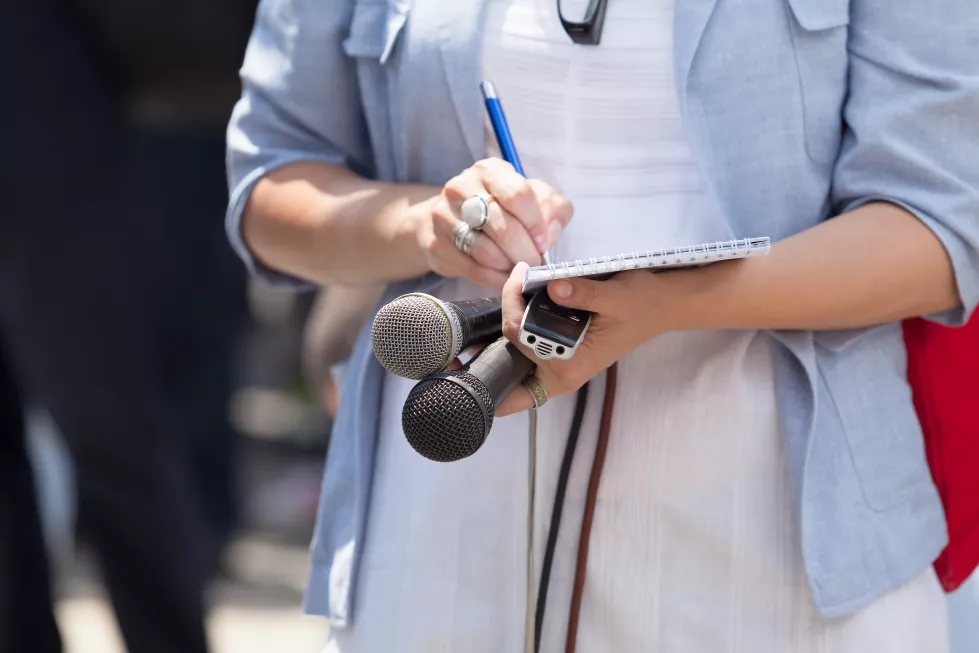I mean to work for 60 Minutes, and be able to go any place in the world, do any story, have enough time on the air, et cetera, there is simply no job in journalism like it. At the beginning, it was a dream. Even now, at the age of 84, I work with people who are half my age or less, and it is the draw of the story. If there is a good story going, why not be there?
Mike Wallace, interview in Staff (June 8, 2002). "Mike Wallace Interview: CBS News Correspondent, 60 Minutes of Truth". Academy of Achievement. Retrieved on 2009-02-20.

